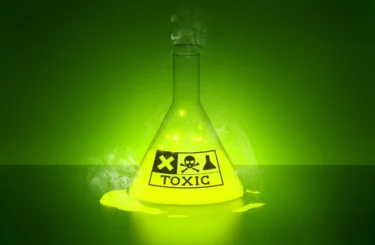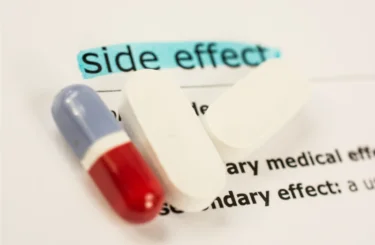Honda to Pay $70 Million Fine to U.S. Government Under Consent Order
On December 29, 2014, American Honda Motor Company signed a consent order with the National Highway Traffic Safety Administration (“NHTSA”), under which it agreed to pay a total of $70 million in civil penalties to the United States for systematically violating NHTSA’s early warning reporting requirements. According to reports from The New York Times and The Washington Post, half of this sum is for failing to timely submit death and injury reports, and the other half is for failing “to duly report customer satisfaction campaigns, special warranty extensions, and warranty claims that involved good will, third-party vehicle service contracts, or Honda-certified, pre-owned vehicles.”
The consent order calls for other remedial measures beyond the record-setting lump-sum payment to the U.S. Treasury, which is due within 30 days. Honda must develop written procedures, subject to approval by NHTSA, for complying with the early warning reporting requirements. Then Honda must submit a report detailing the implementation of the written procedures and continue to do so every 60 days for the next year. These reports will be publicly available without any claims by Honda of privilege or confidentiality. Honda must also train its personnel, at least annually, on the early warning requirements and ensure the written procedures are fully implemented.
In addition, this month, Honda must confirm to NHTSA every death and injury possibly related to front driver or passenger airbag ruptures, without limiting these incidents to geographic areas with high humidity. Within the next three months, Honda must provide similar information on property damage, warranty claims, and consumer complaints. In one year, Honda must submit to a third-party audit of these efforts, the results of which will be entirely available to the public.
In exchange, Honda will be released from liability for civil penalties for all violations of the Transportation Recall Enhancement, Accountability, and Documentation Act through the date of the consent order. However, Honda will not be released from other civil or criminal liabilities. Although the consent order is only effective between Honda, NHTSA, and the U.S. Department of Transportation, it is certainly welcome news to civil litigators who are bringing private suits against Honda for damages stemming from the recall for defective airbags.
Sommers Schwartz’s Complex Litigation Group is currently representing Michigan plaintiffs who have been impacted by the Honda recall. If you have purchased a Honda vehicle that is being recalled for a defective airbag, please contact us today. To look up your vehicle’s identification number (VIN) to see if you are affected, please visit www.honda.com/recalls. You do not need to have suffered a bodily injury to have a claim!
Jason J. Thompson
Jason Thompson is a nationally board certified trial attorney and co-chairs Sommers Schwartz’s Complex Litigation Department. He has a formidable breadth of litigation experience, including class action and multidistrict litigation (MDL), and practices nationwide in both state and federal courts.





